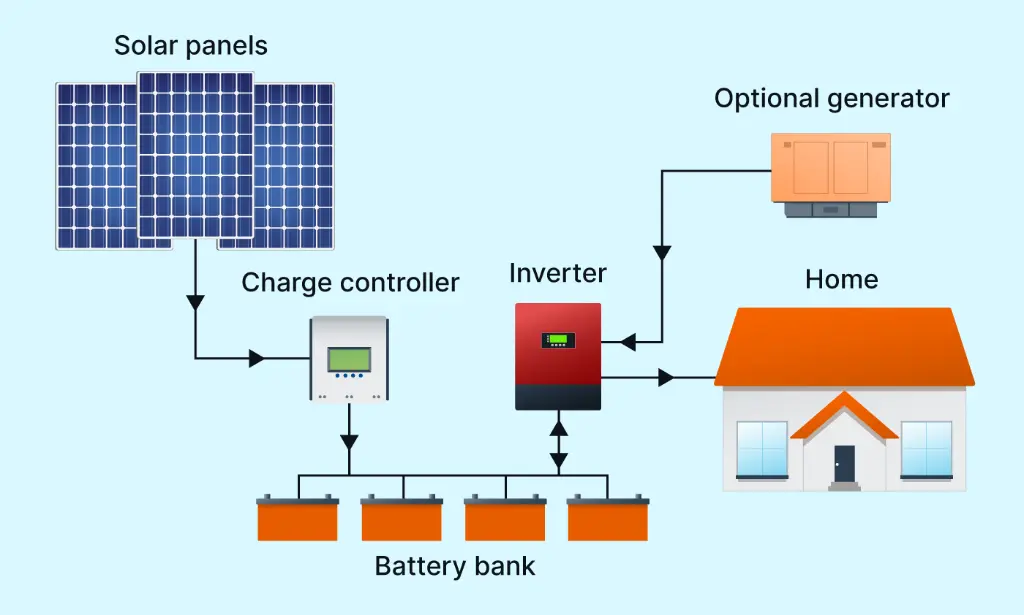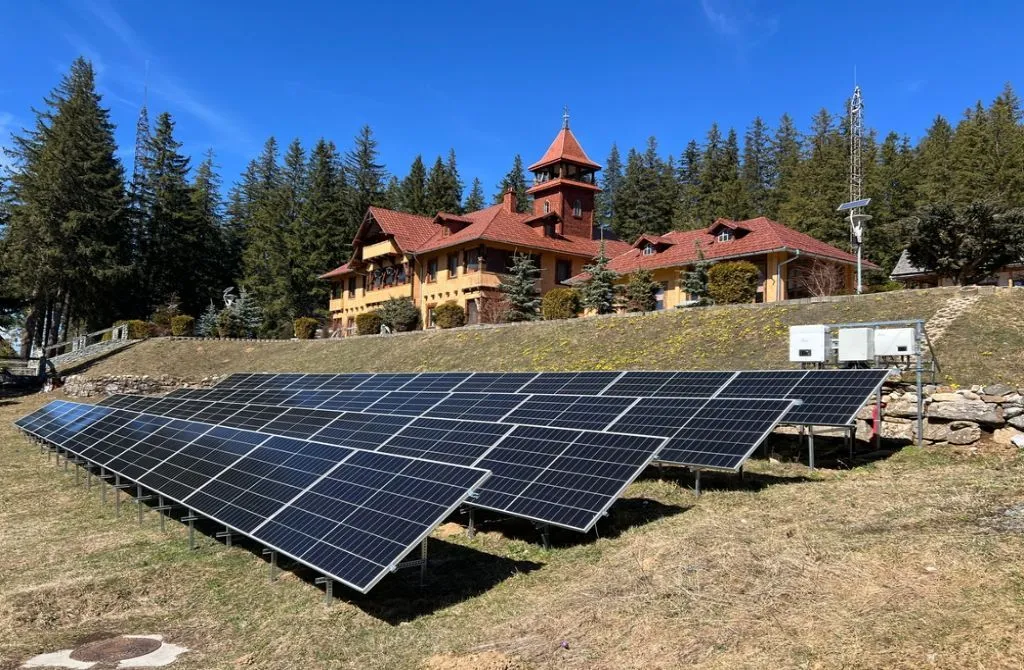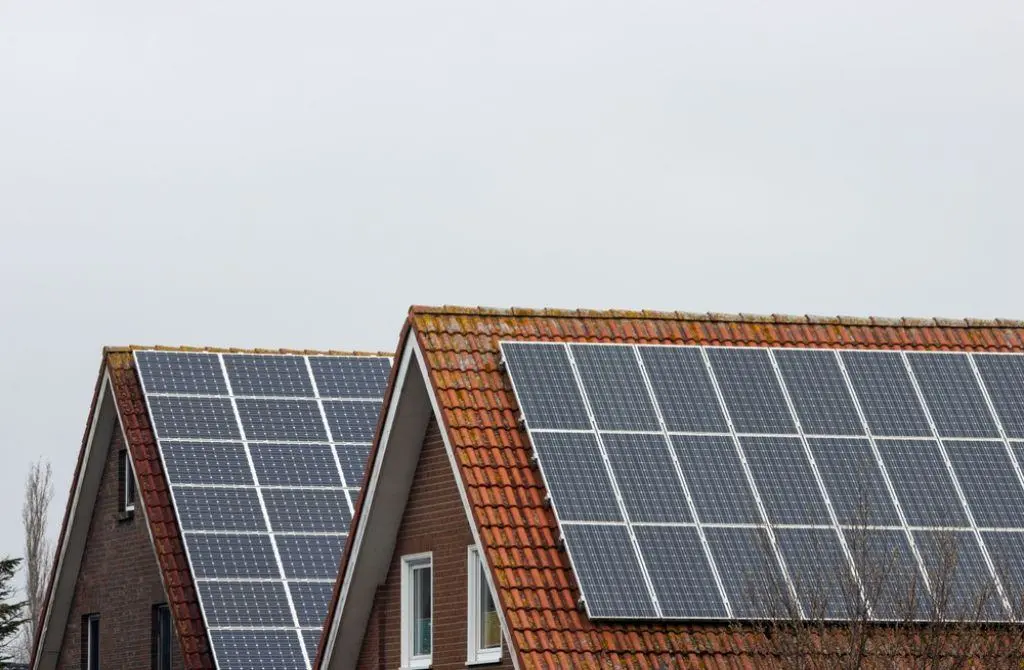Imagine flicking on a light switch and having it illuminate your night, not because of a distant power plant, but because of the green energy of Sun rays. It isn’t science fiction; it’s the reality of millions of people who decide to launch off-grid solar power solutions in their houses.
Today, you’ll learn how an off-grid solar system can benefit you in the short and long run. You’ll also learn how off-grid communities can develop their stable green future and what this technology will uncover for the world. So, whether you are looking for the best off-grid solar power system for your house or deciding on the future electricity production of your community, keep reading to discover the power of the Sun!
The Challenges of Remote Electrification
Bringing electricity to remote areas faces many challenges. However, providing alternative electrification sources to remote areas with the proper off-grid solar system is still important. These areas often have harsh terrains, making it difficult and expensive to build power lines. Existing infrastructure in these areas might also be outdated, limiting its capacity. That’s where off-grid solar power systems come into play.
Another factor complicating the connection is the low population density in remote areas. The cost of setting up a traditional grid system is divided among fewer people, making it financially unviable for utility companies. Even if a grid is built, the cost of electricity transmission over long distances can be high for residents.
That’s why more and more people from remote areas are considering purchasing an off-grid solar system for their household or community. It inspires people who live in the cities, so they are also starting to implement solar solutions.
With off-grid energy solutions, both remote and urban communities improve their energy security. Any household can face power outages due to storms, grid failures, or disruptions. Off-grid dwellings can ensure that people have backup power for critical appliances if it happens.
How Solar Power and Batteries Can Help Go Safely Off-Grid

Source: Medium
Solar power and batteries are a powerful duo for safely achieving an off-grid lifestyle. An off-grid solar system captures the Sun’s rays and converts them into electricity using photovoltaic cells. You can produce your own clean and sustainable power during daylight hours.
However, to go completely off-grid, you should install solar batteries. They will store the excess solar energy generated during the day and power your home appliances at night. That way, you can ensure a consistent electricity supply, making your off-grid solar system reliable.
It’s one of the safest choices for powering a house. Compared to generators, an off-grid PV system has far lower fire risks. Solar panels don’t involve combustion, unlike generators. Solar solutions are silent so you can place batteries in your garage near the living room. Off-grid solar power systems require basic maintenance, as modern batteries are designed for extended lifespans.
Challenges in Implementing Solar Off-Grid Systems
While solar and batteries offer a compelling path to off-grid living, many potential problems may arise in this eco-friendly way. The upfront cost of panels, batteries, and system installation can be a significant barrier. It can slow down the implementation of the off-grid solar system in low-income communities.
- The average cost of the off-grid solar system for household usage varies from $18,000 to $25,000.
Luckily, many incentives can ease financing for your off-grid solar system, for instance:
- The most well-known is the federal solar tax credit (ITC), which reduces federal income tax liability by 30%. The credit rate gradually decreases after 2032 (26% in 2033, 22% in 2034). You can claim the credit for your off-grid solar power system if you own it. If you lease or rent it, technically, your solar provider owns the panels. You can ask them to sign up for a credit, which may lower the purchase price for the system.
- Seek state and local incentives for your off-grid solar system, as they can lower the initial price or provide compensation for installing them. We recommend you ask your installer team about the incentives. They are always aware of the latest local regulations and can help you find the best off-grid solar system and the best solar generator for off-grid living.
Transportation of bulky solar equipment to remote areas can be expensive and logistically challenging. Installing off-grid solar power solutions requires skilled technicians. A lack of qualified professionals in remote locations can be a hurdle. However, we at Solar Power Systems will help you to find the best teams for your case.
Beware that even in remote locations, you must obey regulations and permits with your off-grid solar power systems. Otherwise, you may pay huge penalties. If you live in the city and want off-grid freedom, you may face even more regulations. Building codes might not be up-to-date to accommodate the off-grid solar system, requiring revisions or special permissions.
Remember that solar energy production heavily relies on sunlight, so you should have backup options to ensure you will get electricity with your off-grid solar system. It can be generators or other alternative solutions.
Integrating Off-Grid Solar Power with Other Renewable Technologies

On cloudy days, you’ll get 20-40% less energy, so you may need to consider potential backup options. There are not many green alternatives for residents to off-grid solar power systems, but big companies and local municipalities can fund wind and hydro stations.
Wind generates more power at night, while hydro can be adjusted to meet peak electricity demands, creating a more consistent energy flow. A diverse renewable energy mix for the off-grid community reduces dependence on any single source.
If solar production dips due to weather, other renewables can compensate for it, minimizing disruptions and enhancing grid stability in the chosen community. Beware that managing a complex system with multiple remote power generation sources requires sophisticated control and monitoring systems to optimize power generation and grid integration.
Portable Off-Grid Solar Power For Independent Living
Portable solar panels are a great way to charge your devices or small appliances since they:
- Are lightweight, foldable, and easily transported.
- Can be utilized as a small off-grid solar system.
- Suitable for camping, hiking, backpacking, or even for emergency preparedness at home.
There are various portable off-grid solar system options, with different wattages, sizes, and features. Some portable panels also have built-in batteries to store energy for later use. You can find budget-friendly off-grid solar power solutions to charge your laptop or buy more potent options to load electricity into home appliances like fridges or washers.
There is plenty of choice in portable remote energy solutions. You can find small systems that will fit in a backpack for hiking, or just as easily, you can find a huge 20-pound system to power your home appliances.
Many portable off-grid solar power systems have additional features, such as built-in batteries, USB ports, and voltage regulators. Consider which features are important to you. You can save on your electricity bills by using solar power to charge your devices.

The Future of Remote Power Systems
The future of remote solar electrification looks bright. We already have solar panels for off-grid living that convert 22.8% of sunlight to electricity, and we will see even more powerful panels in the future. People will need even less roof space to place the desired panels.
As battery technology improves, battery storage costs are expected to decline, making off-grid solar power systems more affordable. Advancements in control systems and artificial intelligence (AI) can optimize energy use and automate battery charging/discharging cycles, leading to more efficient off-grid power management.
New government initiatives and microfinancing programs can make off-grid electricity more financially accessible for low-income communities in remote areas. Innovative financing models like pay-as-you-go plans allow users to pay for solar systems in installments, similar to mobile phone plans.
Access to reliable electricity in off-grid communities can empower remote communities by enabling new businesses and community services. Solar off-grid gadgets allow remote businesses to operate after dark. Farmers can use solar-powered irrigation pumps for better water management and potentially increase agricultural yields. Solar off-grid systems can create new job opportunities in sales, installation, and maintenance of these systems.
Contact the Solar Panel System team to save time researching the best teams for your particular case. We will gladly help you find solar installers who will provide green power to your remote off-grid cabin, house, or farm!



